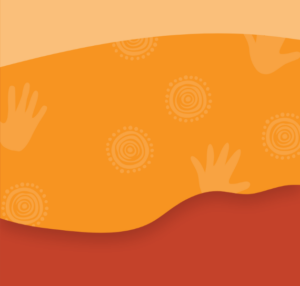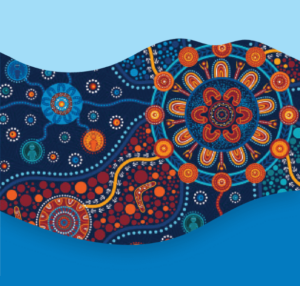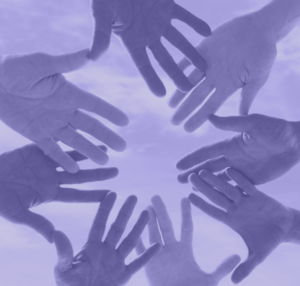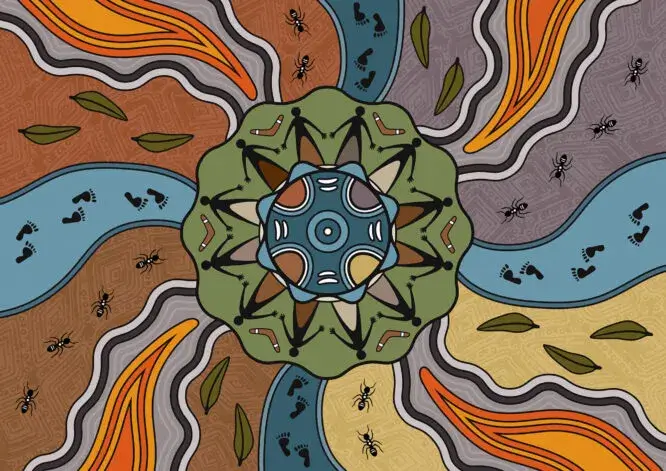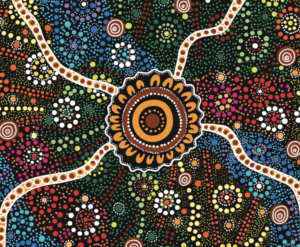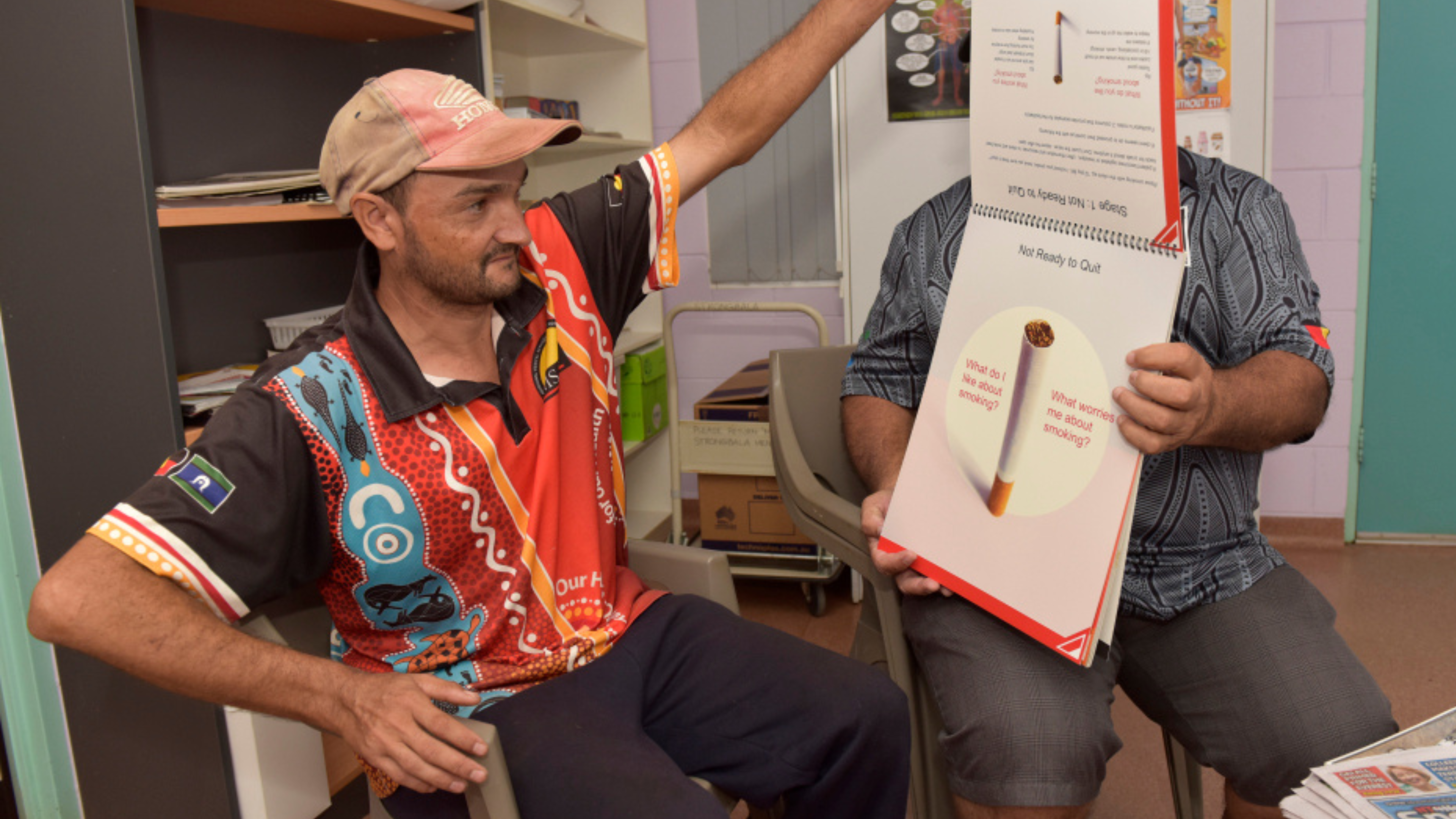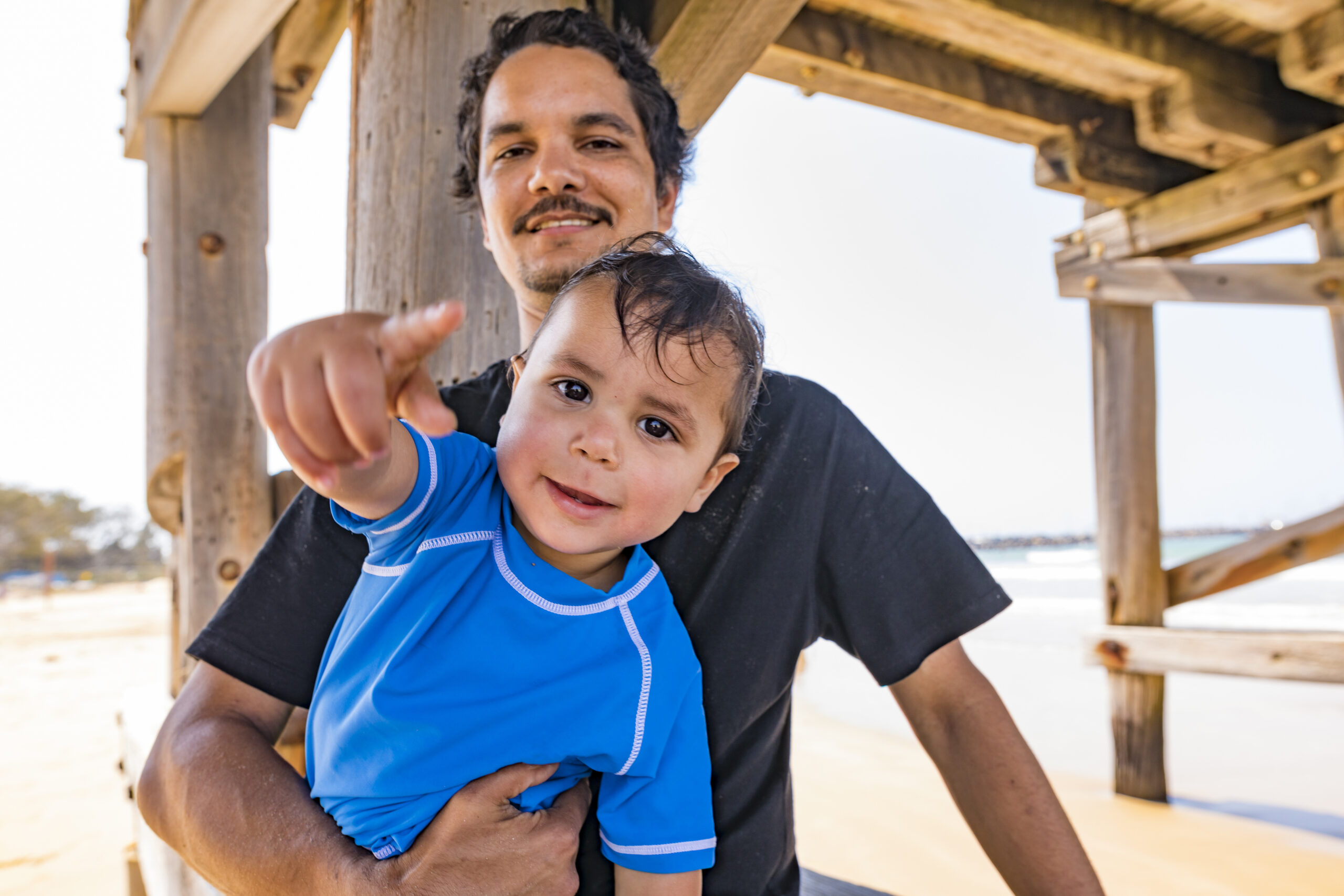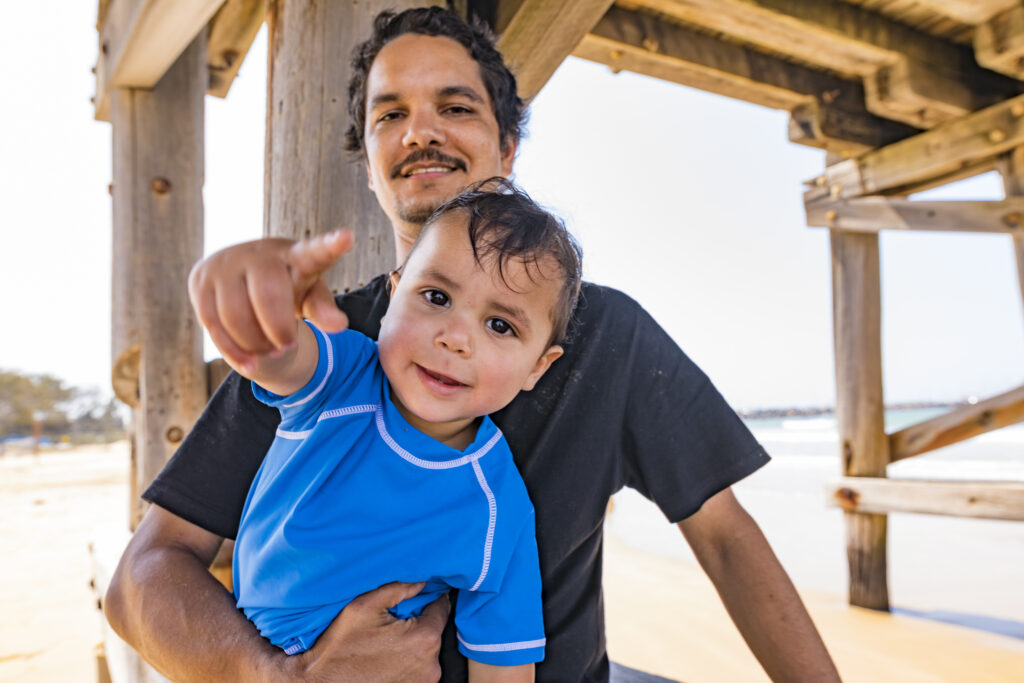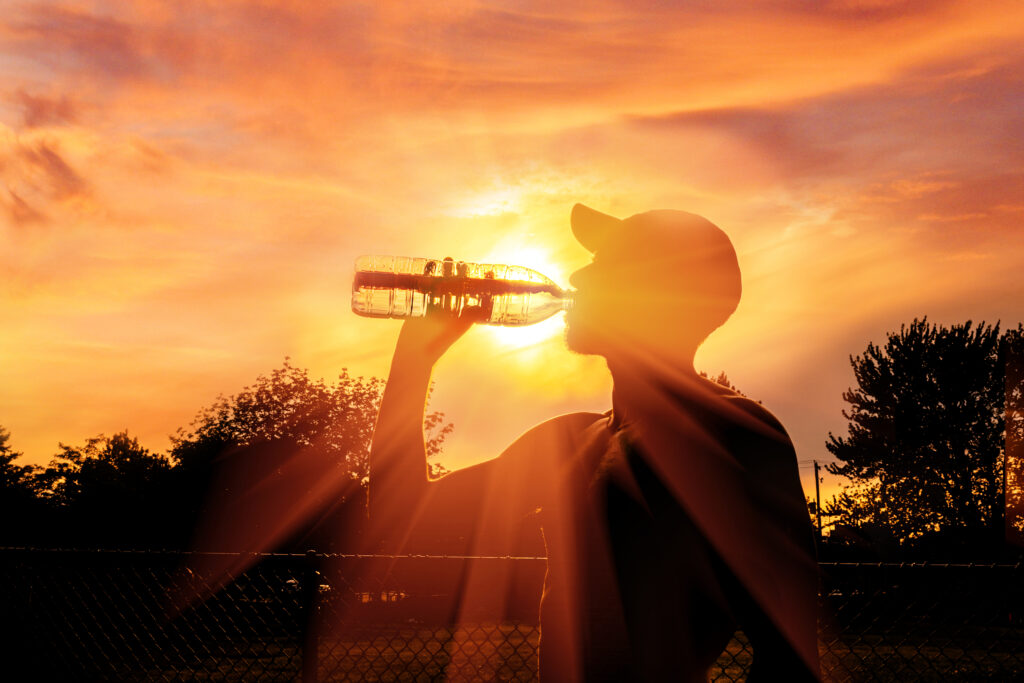More than 190 First Nations healthcare trainees have embarked on a transformative journey as the National Aboriginal Community Controlled Health Organisation (NACCHO) launch the First Nations Health Worker Traineeship (FNHWT) program.
Senator Malarndirri McCarthy, Assistant Minister for Indigenous health was in attendance for the launch, held today at the Aboriginal Health Council of South Australia on Kaurna Country (Adelaide). The FNHWT program aims to certify up to 500 First Nations individuals as either Aboriginal Health Workers or Aboriginal Health Practitioners by 2027.
First Nations health professionals play a crucial role in delivering culturally safe care that is responsive to community needs. The FNHWT program is a pivotal step in addressing the gap in our health system by significantly increasing Aboriginal and Torres Strait Islander participation in the health workforce. The training, delivered by Aboriginal Community Controlled Health Registered Training Organisations (ACCHRTOs), involves on-the-job experience, ideally on Country, addressing critical workforce shortages in Aboriginal Community Controlled Health Organisations (ACCHOs).
In alignment with the government’s commitment to the National Agreement on Closing the Gap Priority Reforms the program has been developed and designed by Aboriginal and Torres Strait Islander organisations and is being delivered in genuine partnership with government. As part of the $54.3 million program, NACCHO has also developed a holistic traineeship framework for ACCHOs to partner with ACCHRTOs, ensuring trainees receive culturally safe academic support.
First Nations people interested in joining the program can find out more at First Nations Health Worker Traineeship Program | Australian Government Department of Health and Aged Care.
In addition to the FNHWT program, NACCHO has initiated a demonstration project which will increase the training
and assessing workforce within ACCHRTOs. The project was designed to address the increasing demand for broader qualifications, across social and emotional wellbeing, counselling, mental health, and community services, which are currently limited due to shortages of qualified Aboriginal and Torres Strait Islander Vocational Education and Training (VET) trainers and assessors.
Together, the FNHWT program and the Trainer and Assessor demonstration project provide a more holistic approach to closing the healthcare gap and cultivating a robust, culturally competent First Nations healthcare workforce.
Quotes attributable to Donnella Mills, NACCHO Chair:
Donnella Mills, NACCHO Chair, commented, “The First Nations Health Worker Traineeship Program not only
strengthens pathways for our existing workforce but also opens doors for individuals in local communities to embark on careers as Health Workers and Health Practitioners.“Community controlled RTOs, like the Aboriginal Health Council of South Australia, provide the backbone of this program, developing a robust Aboriginal and Torres Strait Islander workforce and providing culturally embedded training, which is a central part to strong completion rates.
“This Traineeship program emphasises our commitment to investing in the invaluable work of our RTOs and supporting ACCHOs to provide clinical placements for students. Together, we continue to shape a resilient and culturally competent healthcare workforce for our communities.”
Quotes attributable to Senator Malarndirri McCarthy:
Senator Malarndirri McCarthy stated, “The First Nations Health Worker Traineeship program is built on a foundation of collaboration and cooperation and is part of the Government’s commitment to Closing the Gap.“Today, I was pleased to meet the students, trainers, Aboriginal Community Controlled RTOs, Aboriginal Community Controlled Health Organisations and Services and listen to their experience with the First Nations Health Worker Traineeship program.
“Over the coming years, communities around the country will enjoy the benefits of more First Nations health workers providing culturally safe, quality care.
“By holistically and fully supporting trainees, this program is setting them up for success. They will go on to jobs across the health system and help grow the capacity of mainstream services to better support Aboriginal and Torres Strait Islander patients.”


